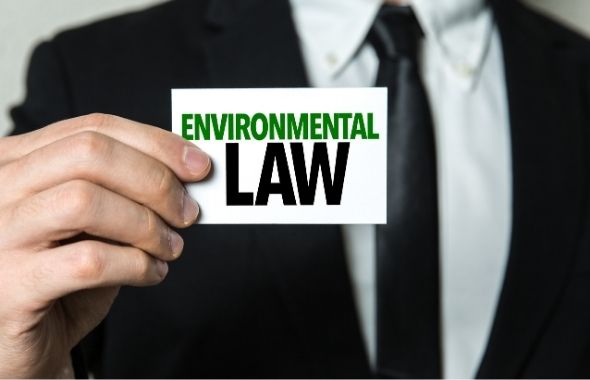
What is Environmental Law?
Environmental law is the branch of law that oversees all the economical and industrialisation factors that have an adverse effect on the environment and alter solutions for limiting harm to different aspects of the world’s environment. Environmental laws are commonly stated through treaties, agreements, rules, and regulations between two corporations, countries, or initiatives for the public interest that push-starts the conversation of enhanced energy efficiency and natural resources. Environmental laws have become increasingly important throughout the world since after climate change took a gradual turn and people awakened. More and more students must take environmental laws seriously focus on this profession. While they sure can be tricky with intricate assignments, environmental law assignment help online can always save the day for students.
Environmental laws are highly essential for tackling issues related to the use of natural resources and working towards the betterment of the world’s environment.
What does Environmental Law Cover?
When it comes to monitoring or assessing environmental laws for a person or a whole community, the researchers look at the external elements and how are they affecting the mental, physical, or emotional health of those residing on the planet earth. The assessments of environmental can include decreasing childhood or epidemics morbidity, or come up with solutions that will improve the overall healthcare of the entire area and the communities. Environmental laws can include a range of aspects, from transportation, housing, water management, and food management. There isn’t any environmental factor that is left behind by environmental laws as it includes all the connections of economical and social actions that can have a direct effect on the health of the people living in it.
What do Environmental Laws Manage?
Environmental laws include a number of topics, that range from:
Air Quality: Air Quality Laws are a part of Environmental Laws that set rules and regulations that protect the air from getting polluted and can include different measures that will protect the air from harmful gasses and substances.
Water Quality: Environmental LAws also include a set of laws for the protection of water. They may also include factors like who can use water, how can the watery areas be protected from waste and harmful substances, and how to handle possible water problems for example managing runoff from the surface to water and the treatment of water.
Waste Management: Hazardous substances, municipal waste, and nuclear waste, all comes under the heading of waste management and environmental laws.
Contaminant Cleanup: On the other hand, there are some environmental laws that do not focus on the prevention of pollution in the environment. The laws of contaminant cleanup manage pollution and its adverse effects after it has happened. These laws include rules, regulations, and protocols for the cleaning up of contamination and punishment for those who pollute the environment.
Chemical Safety: The laws of chemical safety regulate things such as chemicals and the use of pesticides in different products, for example, plastic bottles.
Fishing and Hunting: The rules and regulations of protecting wildlife populations come under the heading of Environmental Laws as well. Environmental lawmakers are responsible for determining who is permissible to fish or hunt, and how are these activities allowed to be conducted.

